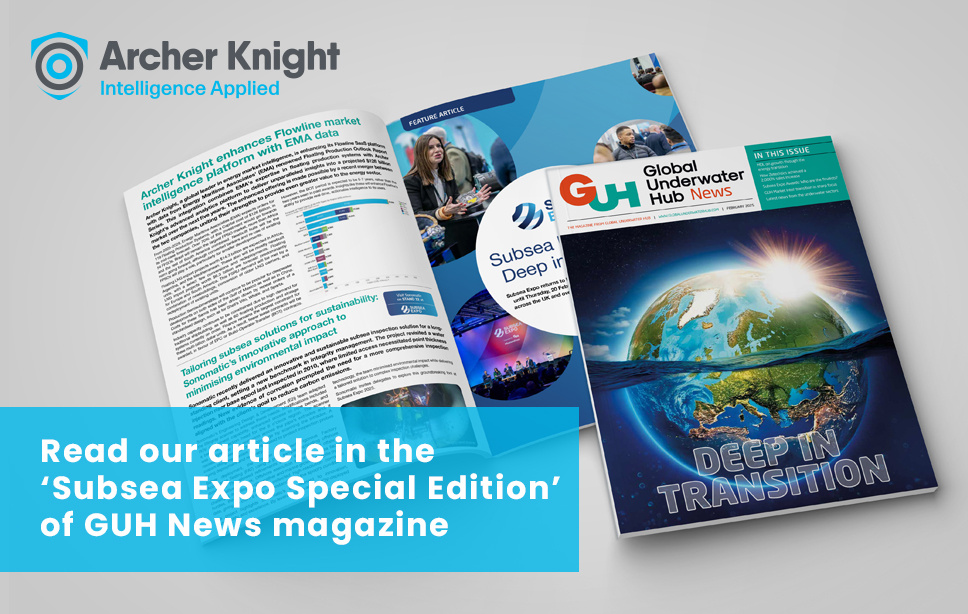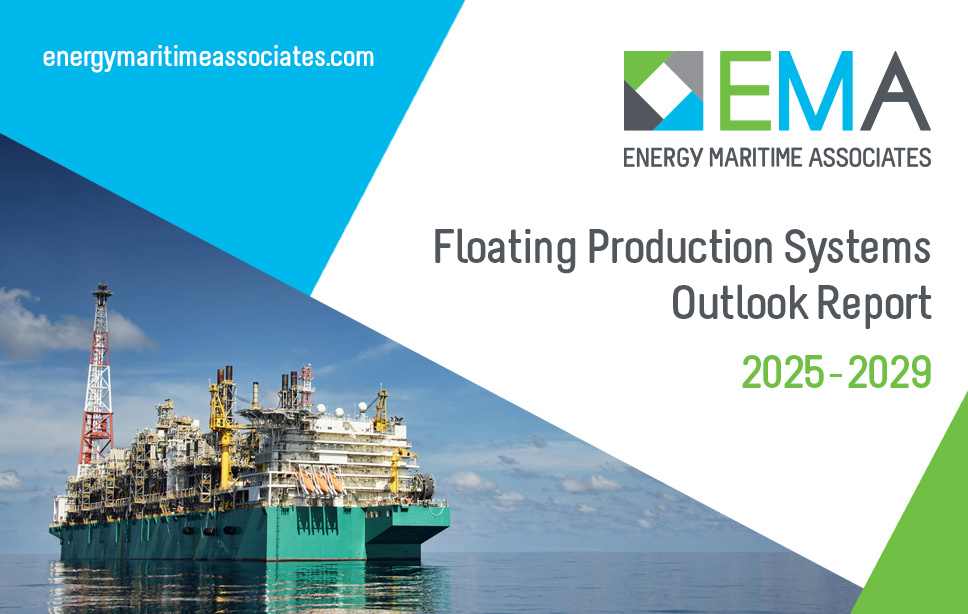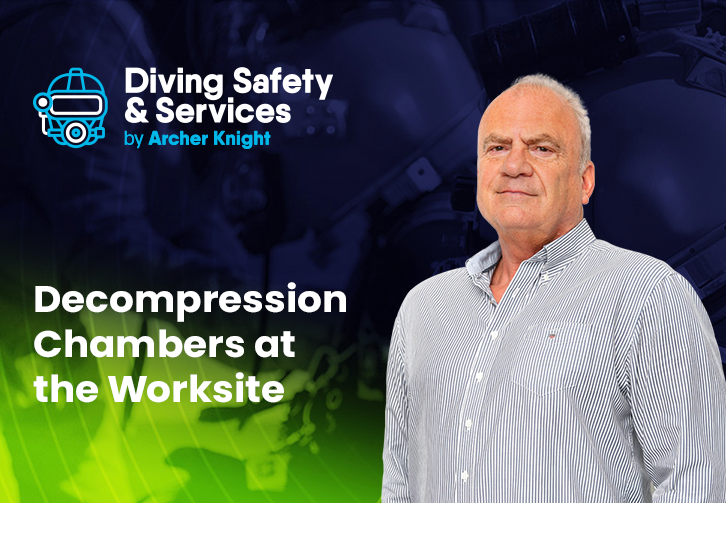
Archer Knight's Director of Diving Safety & Services, Derek Beddows, is passionate about ensuring that all divers, regardless of the location of their diving worksite, have immediate access to adequate recompression facilities. Here's what he had to say on the subject recently.
Revising Diving Safety Guidance
IMCA D 014
At the start of July, we witnessed the release of Revision 3 of IMCA's D 014, International Code of Practice for Offshore Diving.
One of the revisions involved ‘decompression chamber requirements’ in the UK Inshore sector. So, let's dive right into it.
- HSE Offshore ACOP
- HSE Onshore ACOP
- IOGP RP 411
- IMCA D 014
- DMAC 22
The HSE Offshore Approved Code of Practice requires a compliant decompression chamber at every offshore diving worksite, regardless of depth, yet the Inland/Inshore equivalent Approved Code of Practice permits a maximum time to a decompression chamber of up to 6 hours! This is for dives down to – 10m. Lets be clear, its that first 10m of water that represents the greatest volumetric change for the diver.
The International Oil & Gas Producers (IOGP) Diving Recommended Practice 411, also requires a compliant decompression chamber at every offshore worksite, regardless of depth, yet, for Inland/Inshore sites, that criteria is relaxed for dives down to -10m and allows a time to treatment plan of up to 2 hours.
Revision 3 of IMCA’s D 014 also requires a compliant decompression chamber at every offshore worksite, it always has, yet, for Inland/Inshore sites that criteria is relaxed for dives down to -10m and like IOGP allows a time to treatment plan of 2 hours.
Again, let’s be clear, currently the demarcation boundary between Offshore and Inland/Inshore/Onshore diving is that invisible 12 Nautical mile limit, so this includes renewables and aquaculture Industries, both of which can see water depths down to +40m.
Some recent involvement in Aquaculture diving and the failure to provide immediate recompression capability was quite alarming.
Finally, the Diving Medical Advisory Committee/DMAC 22 states that for surface supplied diving, divers should remain within 20 minutes of a recompression facility for up to an hour.
"The time to treatment plan” could, in worst case circumstances, such as an Embolism, be the difference between life and death, between permanent paralysis and a partial recovery, between having a promising commercial diving career or totally losing it, forever.
It’s that first 10m of water that pose the highest decompression risk and the only way to try and successfully treat an Embolism is through immediate recompression, pretty difficult to achieve if the nearest chamber facility is 6 hours away.
So let me ask you a question: How can your Inland/Inshore diving project Risk Assessment ever be at ALARP (As Low As Reasonably Practicable) if there is no immediate method of decompression provided at the worksite?
Let me share a quote from a well-respected hyperbaric medical expert: "If treatment is initiated within 30 minutes of onset of DCI symptoms, the probability of complete relief is 90%. However, this falls to 50% if the delay to initiate treatment approaches or exceeds 6 hours." These statistics highlight the criticality of prompt recompression treatment for divers suffering a DCI.
Unfortunately, our industry has witnessed serious incidents of DCI, even at these shallow depths. Are we sleepwalking into another incident? The decisions made by Regulators and Trade Associations need to be guided by scientific evidence, not convenience, cost considerations or cosy meetings, lets not mince words here, the failure to provide Chamber facilities at many inland/inshore/onshore diving work sites is simply a matter of cost, nothing else.
As a diving industry veteran with 46 years of experience, I have personally witnessed the devastating effects of nitrogen micro-bubbles on a close family member, I've seen the trauma, fear, and uncertainty it brings, the decompression injuries to my Son were the worst that I have ever seen, and I have seen a few.
We must not compromise on safety.
YOUR VOICE MATTERS!
This issue directly impacts the entire inland/Inshore/Onshore diving community, and your opinions and views are crucial.
I encourage you to speak up, share your experiences, and engage in meaningful discussions to drive positive change, we all have a voice, we all have a choice.
- Speak up
- Share your experiences
- Engage in meaningful discussions
Thank you to those who have already commented.
I want to express my heartfelt appreciation to those who have already voiced their concerns and contributed to this dialogue. Your involvement is essential in shaping a safer future for the global commercial diving community.
We must not compromise on safety.
Let's make it clear: there is no place for compromised safety when it comes to commercial diving. Regardless of the location, all divers deserve immediate access to adequate recompression facilities, no argument.
Together, let's ensure that Diver Safety remains the top priority, and that decisions are based on solid science and the well-being of our diving community.
Just because we have always accepted something, for many years, does not make it right.
So, let's get it right, not just for ourselves but for the entire global commercial diving family, lets get that diving safety bar raised to include this issue.
To learn more about Archer Knight's Diving Safety & Services visit our webpage or email Derek at divingta@archerknight.com
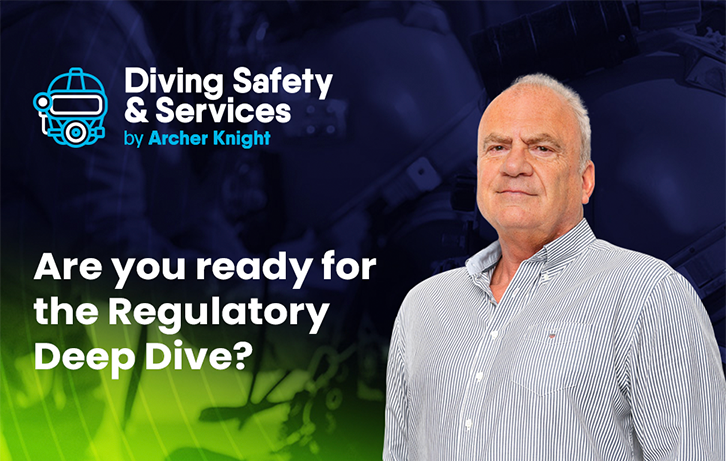
2 min read
UK Offshore Renewables Operators & Developers
UK Offshore Renewables Operators & Developers - Are You Ready for the Regulatory Deep Dive? Last week, whilst assisting a client during an HSE...
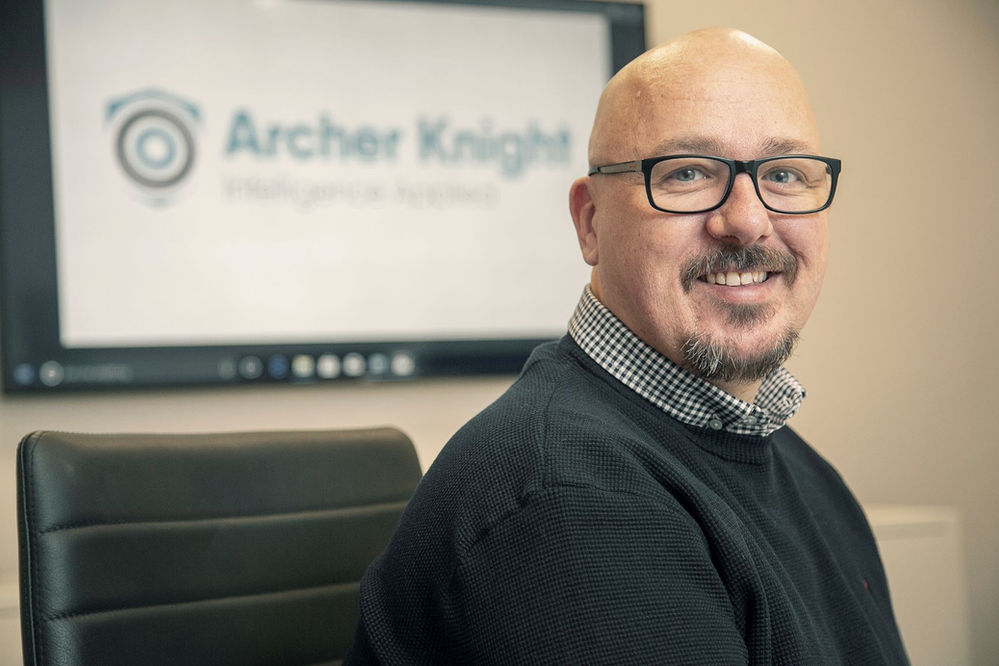
2 min read
“Cautious optimism” for diving contractors in the year ahead ...
Operators start to see signs supply is tightening. Our analysis shows positive signs for the saturation diving market in Western Europe. ...
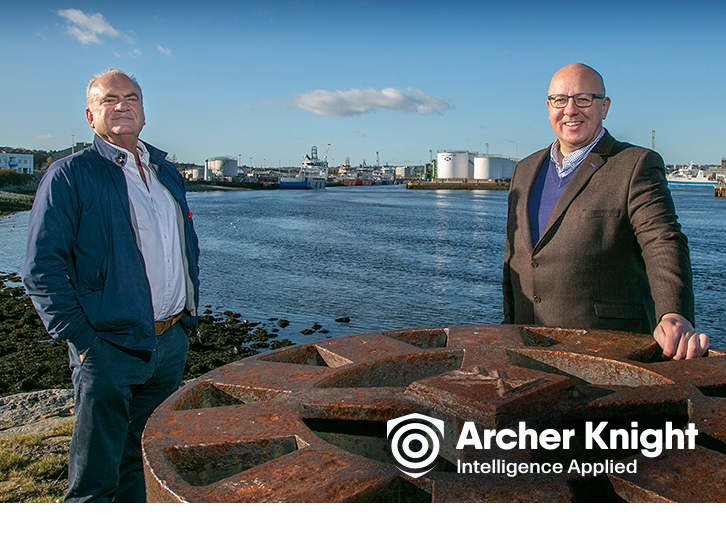
2 min read
Archer Knight Support Well-Safe Solutions On Rig Based Diving Project
Aberdeen headquartered offshore energy services providerArcher Knight (Holdings) Limited, have had the privilege of supporting Well-Safe Solutions...


